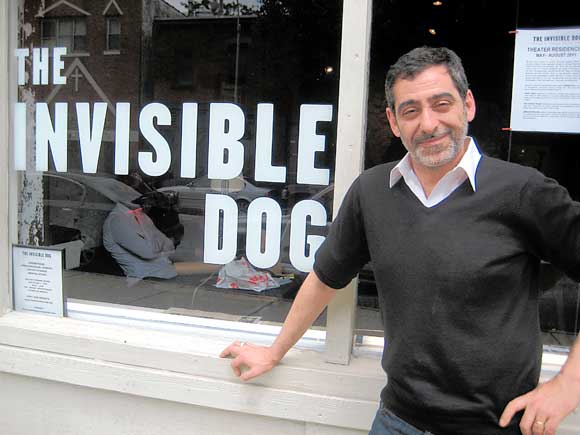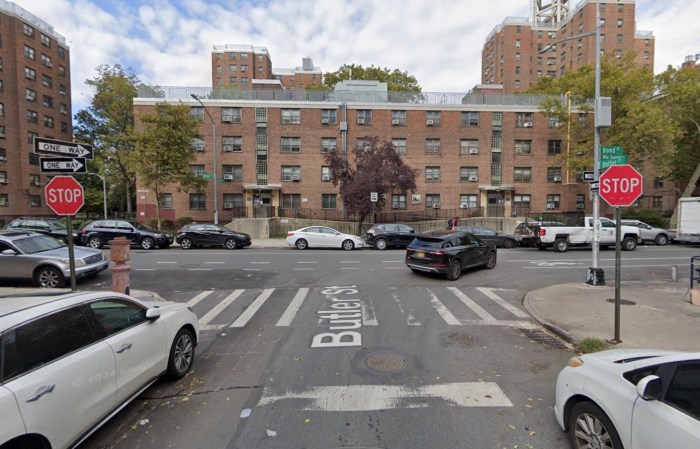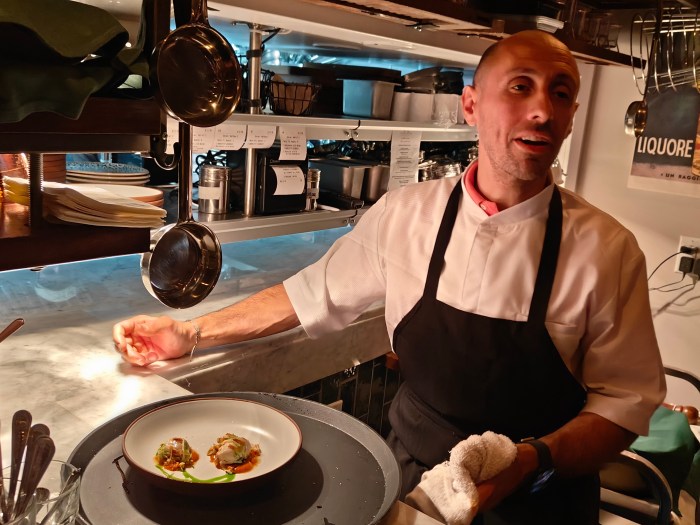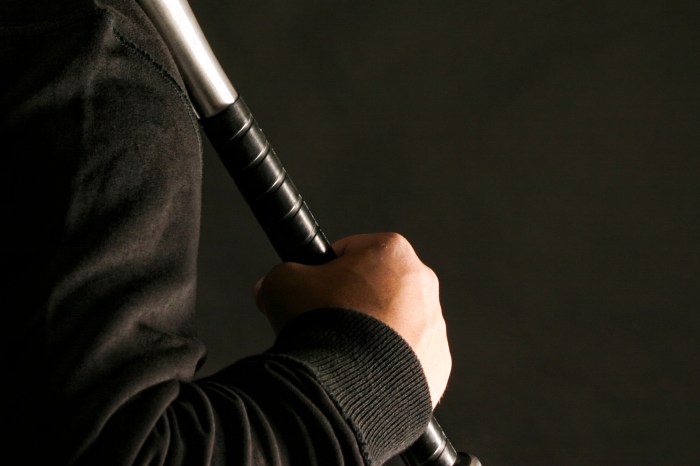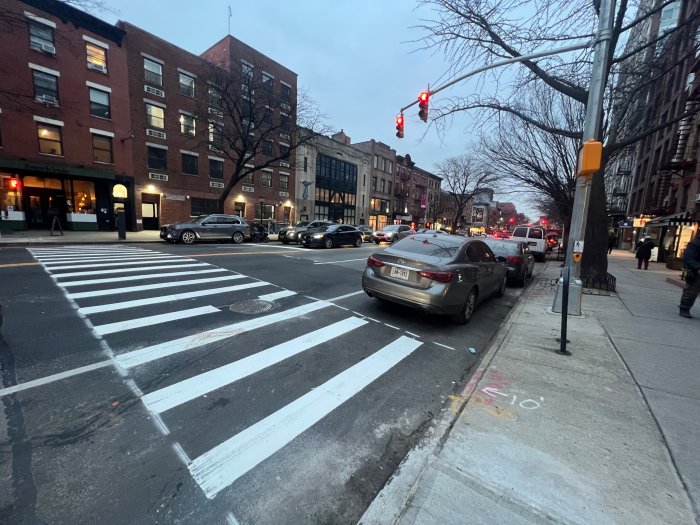It’s the ultimate summer workplace nightmare: A rogue intern stole more than $1,000 from a beloved Boerum Hill gallery after its owner gave him a chance.
Lucien Zayan, owner of the Invisible Dog, caught the troubled 16-year-old clumsily embezzling dough from the Bergen Street art space.
To say he felt betrayed is an understatement.
“I was furious!” said Zayan.
The double-crossing went down on May 9, when the acolyte asked to check his e-mail. As the boss turned his back, the intern transferred $500 in gallery money to his own bank account, via the PayPal window Zayan had left open.
Within seconds, the website sent a confirmation e-mail straight to Zayan. The intern lied that he had not done the dirty deed, but Zayan knew.
“I told him, ‘I have the evidence,’ ” Zayan said.
That’s when the two-bit Capone ran out of the gallery, never to be seen again.
Later, Zayan discovered that the intern had also cashed a $950 check, which he likely swiped from a closet shared by the employees.
The stolen funds have been returned, police are on the case, and Zayan is taking a “que sera sera” approach to it (he’s European).
“For me, and for the Invisible Dog, this isn’t a big deal,” he said Zayan. “But for the intern, he’s in a very bad situation.”
The double-dealing trainee had been placed at Invisible Dog by Exalt, a Brooklyn-based nonprofit that links law-breaking teens to paid internships as an alternative to detention. The interns receive a stipend from Exalt, which starts at $7.50 an hour.
About 150 youth go through the program each year, after a long application and screening process. A five-week assessment prior to placement makes back-stabbings by students “extremely rare,” said Sonja Okun, the group’s founder.
“This was really just an isolated incident,” Okun said.
Of Exalt’s 127 graduates from the past two years, 11 percent have had new arrests — though there have been no convictions, which Okun sees as testament to the program’s effectiveness.
Zayan said his young assistant’s background was never important to the Invisible Dog, a gallery in a 19th-century factory building that houses 30 artist studios and keeps its doors open to the community.
Despite his ill-fated first experience, he will continue to work with the Exalt program.
“I’m not going to stop my collaboration,” Zayan said. “I believe in what they do.”


